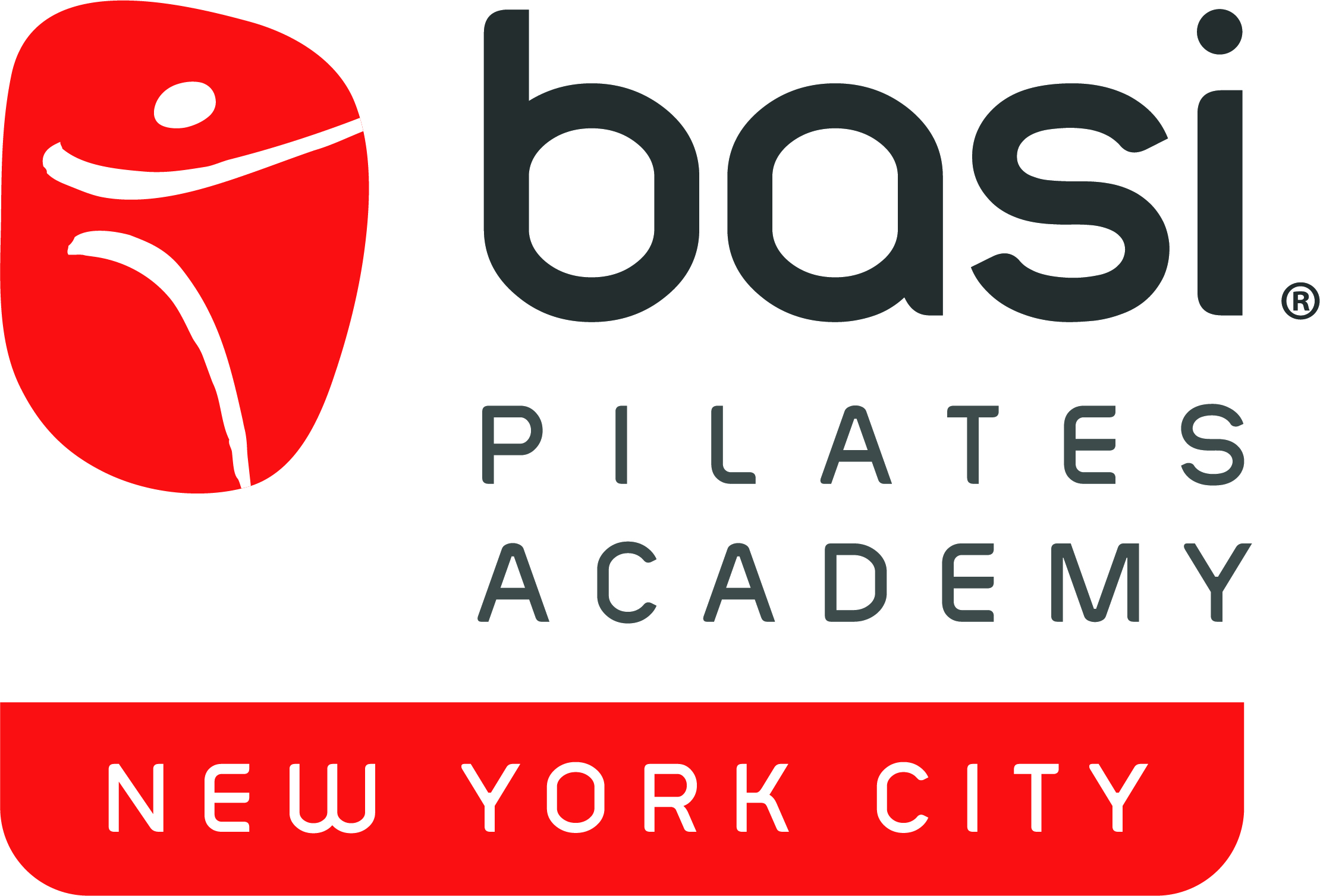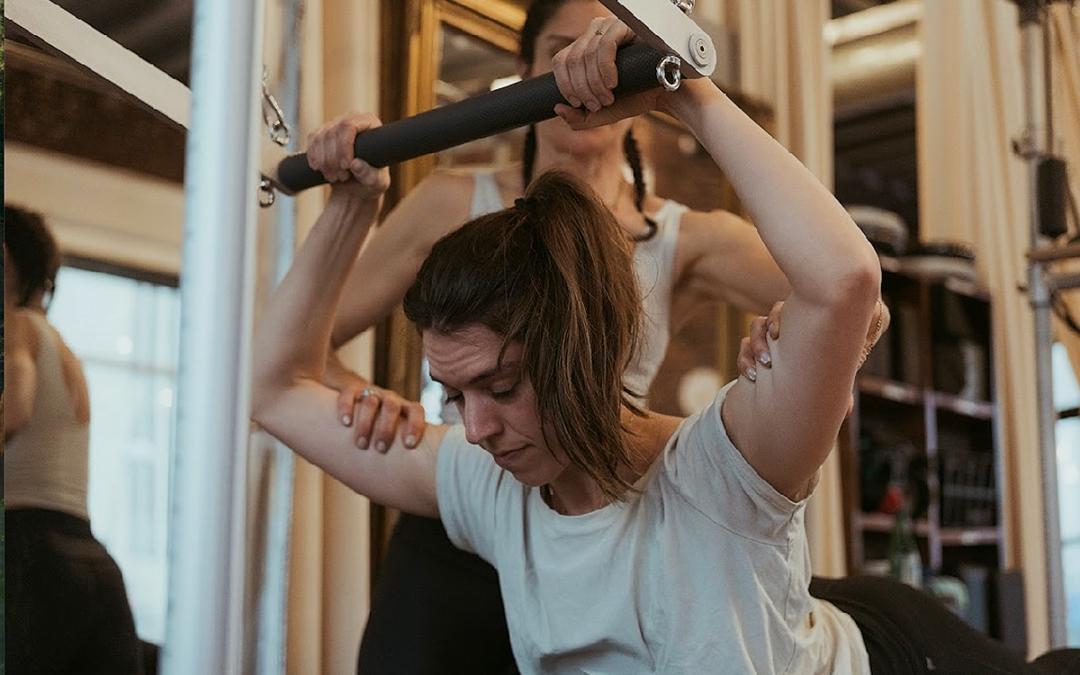The non-negotiable importance of movement training throughout all phases of life
A 17-minute routine to incorporate into any program
I hope that you find joy in movement – that you exercise not only the body but also the mind throughout your life by studying the art and science behind different movement disciplines, hint hint….. Pilates! Highly intelligent intentional training develops alongside deeply sensitive intuition within your mind and body.
The ripple effect of studying and practicing Pilates as a system is multi-faceted. I have always found for myself and my students that being strong in the body equals being strong in the mind. We simply make better choices all around as we feel more present in our bodies and enhance this connection.
Standing and walking are basic daily functional movements that are performed with ease and efficiency. Additional workouts outside of Pilates will deliver more calorie-burning and strength-building benefits because you are actively aware and using deep “core” muscles from head to toe. Showing here a 17-minute mini workout that can be used as a warm-up, cool-down, a tech break, or repeated a few times through for a sweat break. Each exercise has a variation or modification that can make it easier or more challenging, so I encourage you to do a class or private lesson where you can get individualized attention and learn how to self-correct in motion. As always, it isn’t what you do but rather how you do it that makes all the difference.
It’s never too early to start, and it’s never too late to begin movement training.
It starts with tummy time, crawling, walking, and maybe a toddler gym class. The foundations of social skills, physical strength, cognitive health, discipline, and goal setting, or hitting milestones in childhood, could be modeled throughout the phases of adolescence, adulthood, and through our older years.
1. Improves Memory
Neurogenesis or Memory
Is the ability to improve our ability to retain and recall information in both the short and long term. Exercise allows the growth of new brain cells, particularly in the hippocampus, which is crucial for memory and learning.
2. Better Focus and Mood
Exercise increases the production of neurotransmitters such as dopamine, norepinephrine, and serotonin that also play a role in mood regulation, attention span, and self-motivation. Physical activity also brings on the release of endorphins, our brain’s natural mood-boosting pain pain-relieving chemical.
3. Improve Sleep
We all know deeper sleep will, of course, improve mood, cognitive function, and overall health the following day and in the long term. This is because exercise helps regulate our circadian rhythm, our body temperature, and our melatonin production.
4. Reduce Anxiety
While we can’t always get rid of the stressors in our lives, learning to regulate our response is key. Since exercise reduces the stress hormone cortisol, it can help your body’s responses, decrease anxiety, and improve mental clarity for better decision making.
5. Enhance Problem-Solving Skills
The ability to adapt to new situations, tasks, and the multitasking that is often asked of us are all major life skills. Learning new movement skills makes your reflexes quicker and creates a sharper mind. Exercise also creates new connections between different areas of the brain, which is why we are often more creative, productive, and problem-solving after we move.
6. Enhances Brain Volume (This paragraph is from ChatGPT, so it must be true!)
Gray Matter Growth: Regular physical exercise has been shown to increase the volume of gray matter in the brain, which is involved in muscle control, sensory perception, and decision-making. This can help maintain brain health and reduce the risk of cognitive decline as we age.
White Matter Health: Exercise also promotes the health of white matter in the brain, which is crucial for communication between different brain regions. This can improve cognitive functions like processing speed and problem-solving.
7. Protects Against Cognitive Decline
Regular physical activity can help slow the aging process in the brain by reducing inflammation and promoting healthy blood flow. Consistent physical activity can reduce our risk of neurodegenerative diseases like Alzheimer’s and dementia.
Physical activity is a key factor in maintaining cognitive health as we age, supporting both brain structure and function.
Physical fitness training goes beyond just improving physical health; it plays a crucial role in cognitive well-being.
8. Strengthens Intuition for overall health and well-being
In the BASI Pilates Teacher Training Program, we teach the Pilates principles:
Awareness, Breath, Control, Center, Concentration, Precision, Flow, Harmony, Breath, Efficiency. Each one can have a physical and metaphoric meaning, but I like to say all of the principles all of the time. While these might seem like A LOT all at once, oddly, the methodology frees the mind and therefore the body.

